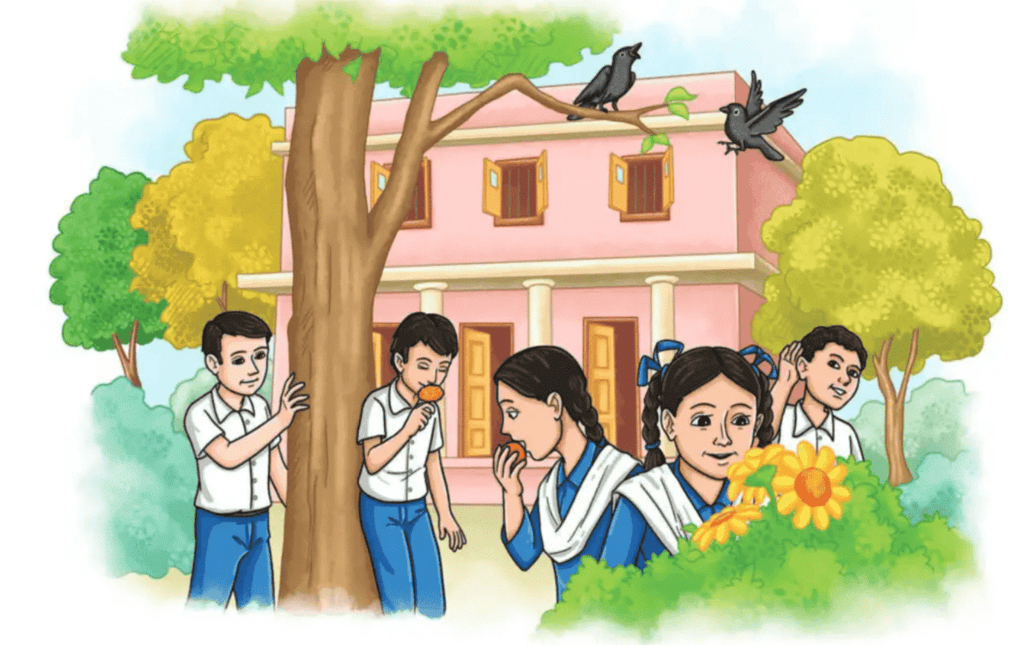Class 7 English Unit 1 Very Short Questions - Three Days to See
Q1: Who wrote the essay about imagining three days of sight?
Ans: Helen Keller.
Q2: How does Helen Keller enjoy the world without sight?
Ans: By touching things like leaves and trees.
Q3: What does Helen feel on tree branches in spring?
Ans: Buds showing nature waking up.
Q4: What makes Helen happy when she touches a branch?
Ans: Feeling a bird shaking with song.

Q5: Who does Helen want to see on the first day?
Ans: People who have been kind and friendly to her.
Q6: How does Helen know her friends without seeing them?
Ans: By touching their faces.
Q7: What does Helen call the eyes?
Ans: The window of the soul.
Q8: What does Helen plan to watch on the second day?
Ans: The sunrise.
Q9: Where does Helen want to go on the second day?
Ans: To museums.
Q10: What does Helen want to learn about in museums?
Ans: The world’s past and present, like dinosaurs and history.
Q11: Where does Helen go on the third day?
Ans: To a busy city.
Q12: What does Helen observe in the city?
Ans: People’s faces to see their emotions.
Q13: What does Helen encourage people with sight to do?
Ans: Use their eyes as if they might lose them tomorrow.
Q14: Which sense does Helen think is the most wonderful?
Ans: Sight.
Q15: What is one moral of the essay?
Ans: Appreciate and use our senses to enjoy the world.
|
55 videos|465 docs|76 tests
|
FAQs on Class 7 English Unit 1 Very Short Questions - Three Days to See
| 1. What is the main theme of "Three Days to See"? |  |
| 2. Who is the author of "Three Days to See"? |  |
| 3. What does Helen Keller wish to experience in her three days of sight? |  |
| 4. How does Keller describe the way people overlook the beauty around them? |  |
| 5. What is the significance of the title "Three Days to See"? |  |






















